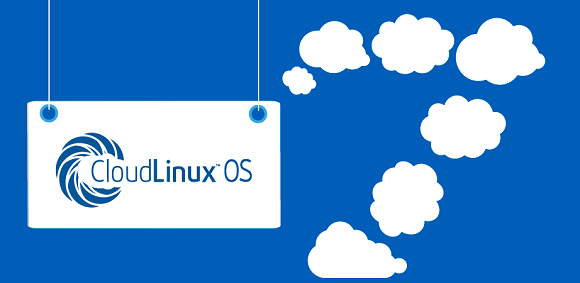CloudLinux commits to 'commits' on (CentOS replacement) Project Lenix
CloudLinux OS is a Linux distribution intended for use by shared [web] hosting providers.
But there is more to the story than just the arrival of this distro, developed by software company CloudLinux, Inc.
CloudLinux OS is based on the CentOS operating system; it uses the OpenVZ kernel and the rpm package manager… and the resulting work programme is known as Project Lenix.
Project Lenix is to be an open sourced and community-driven Red Hat Enterprise Linux (RHEL) fork.
Just as last year (2020) was closing up, the company confirmed that it will invest US$1 million annually in development and establish a community initiative around its RHEL fork intended as a safe haven for CentOS.
This has happened due to changes on the CentOS project itself.
According to the CentOS team, “The future of the CentOS Project is CentOS Stream, and over the next year we’ll be shifting focus from CentOS Linux, the rebuild of Red Hat Enterprise Linux (RHEL), to CentOS Stream, which tracks just ahead of a current RHEL release. CentOS Linux 8, as a rebuild of RHEL 8, will end at the end of 2021.
1:1 binary compatible fork
CloudLinux is sponsoring Project Lenix and explains that it will create a free, open source, community-driven, 1:1 binary compatible fork of RHEL 8 (and future releases).
It will provide an uninterrupted way to convert existing CentOS servers with what the team confirm to be ‘absolutely zero downtime’ in operation so that ‘entire server fleets’ will be able to be converted with a single command with no reinstallation and no reboots required.
Igor Seletskiy, CEO and founder of CloudLinux Inc says that his team promises to dedicate the resources required to Project Lenix that will ensure impartiality and a not-for-profit community initiative.
Based on the research conducted on the CloudLinux website with 2,000 Linux enthusiasts, most of the CentOS users (62%) are going to wait for another RHEL fork to be released instead of migrating to Ubuntu, Debian, OpenSUSE, or paid operating systems.
The first software release will be delivered in 1Q 2021, according to the Cloud Linux blog.




